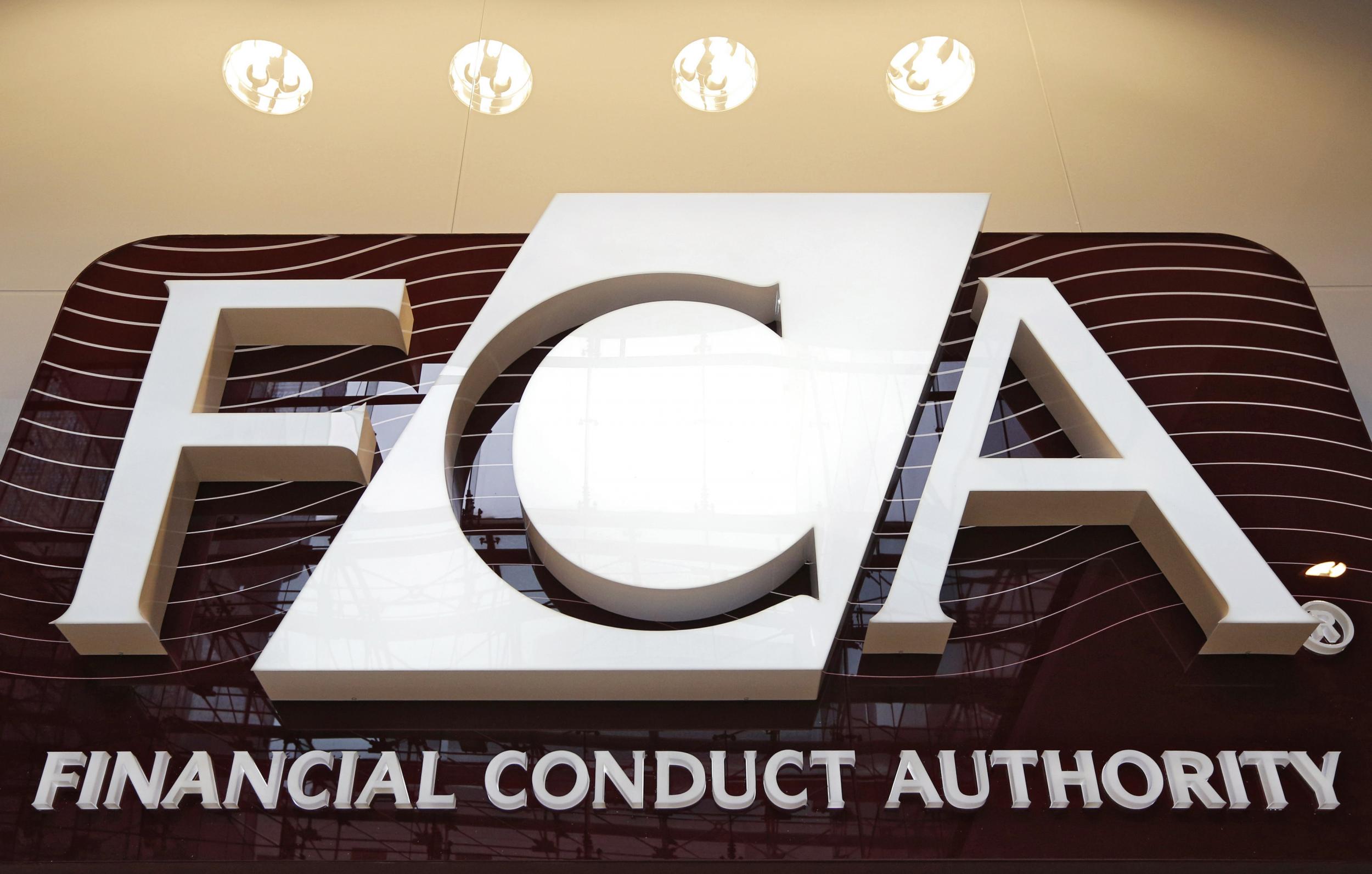FCA must act in wake of judge's criticism of failure to bring top bankers to book for Libor scandal
In hearing an appeal brought by a relatively junior trader, Judge Timothy Herrington was less than impressed with the watchdog's performance

Your support helps us to tell the story
From reproductive rights to climate change to Big Tech, The Independent is on the ground when the story is developing. Whether it's investigating the financials of Elon Musk's pro-Trump PAC or producing our latest documentary, 'The A Word', which shines a light on the American women fighting for reproductive rights, we know how important it is to parse out the facts from the messaging.
At such a critical moment in US history, we need reporters on the ground. Your donation allows us to keep sending journalists to speak to both sides of the story.
The Independent is trusted by Americans across the entire political spectrum. And unlike many other quality news outlets, we choose not to lock Americans out of our reporting and analysis with paywalls. We believe quality journalism should be available to everyone, paid for by those who can afford it.
Your support makes all the difference.A judge’s sharp criticism of the Financial Conduct Authority for its failure to go after top bankers has put a cat right into the middle of the City regulator’s pigeons.
It came as a result of Arif Hussein, formerly a trader for UBS, one of the banks at the centre of the Libor interest rate rigging scandal, appealing his ban from working in the City.
The Upper Tribunal, which hears challenges against FCA disciplinary decisions, ultimately dismissed the appeal, although it did not find the trader to have manipulated Libor rates for his own gain.
That’s less relevant than what the judge had to say about the investigation into him, and the FCA’s failure to bring cases against more senior bankers.
The former was described as “troubling”. As for the latter, Judge Timothy Herrington said: “Mr Hussein was a relatively junior trader at UBS and he was put under investigation in relation to a limited number of chats which took place over a very short period.
“This was against a background of widespread manipulation of Libor within UBS for which senior managers bear ultimate responsibility and which… was widely condoned.”
Those senior managers were able to carry on doing their jobs and picking up their bonuses.
FCA lawyer Benjamin Strong said that “senior people somehow manage to keep their fingerprints of relevant documents sometimes”.
As an explanation, that's not good enough, and the judge has highlighted a real problem: It is that banking sometimes looks like the mafia, in which those at the top are untouchables while the soldiers beneath them are thrown to the wolves.
It’s not just in the wake of the Libor scandal that this has happened. Almost no one was penalised in the wake of the financial crisis, and the same is basically true of the foreign exchange trading scandal.
The implication that people at the top in Britain, and Europe, are never called into account more generally has helped to feed in to a perception that they are governed by self serving elites. As a result, voters have sometimes proved willing to support some very unpleasant people, who are part of those elites, but distinguish themselves from their peers by promising to tear it all up, largely to benefit themselves.
The one thing the FCA did not have then, which it does have now, of course, is the so called Senior Managers Regime, which provides a road map of responsibility for various functions, making clear who is responsible for what at financial institutions.
In theory, that should make it easier to call bosses to account for failings like those that occurred in the institutions caught up in scandals like Libor rigging.
There will inevitably be others. It is almost inevitable given the size of the rewards available to bankers, the pressure that is put upon them by their managers, the attraction of the profession to those motivated by greed, the ever present temptation to cheat.
Of course, we can’t say for certain that things would have been any different had the regime been in operation at the time of the Libor scandal.
But, given the tools it has given the FCA, it needs to do a lot better next time around. If senior managers at banks don't feel any heat, then senior managers at the regulator should.
Join our commenting forum
Join thought-provoking conversations, follow other Independent readers and see their replies
Comments